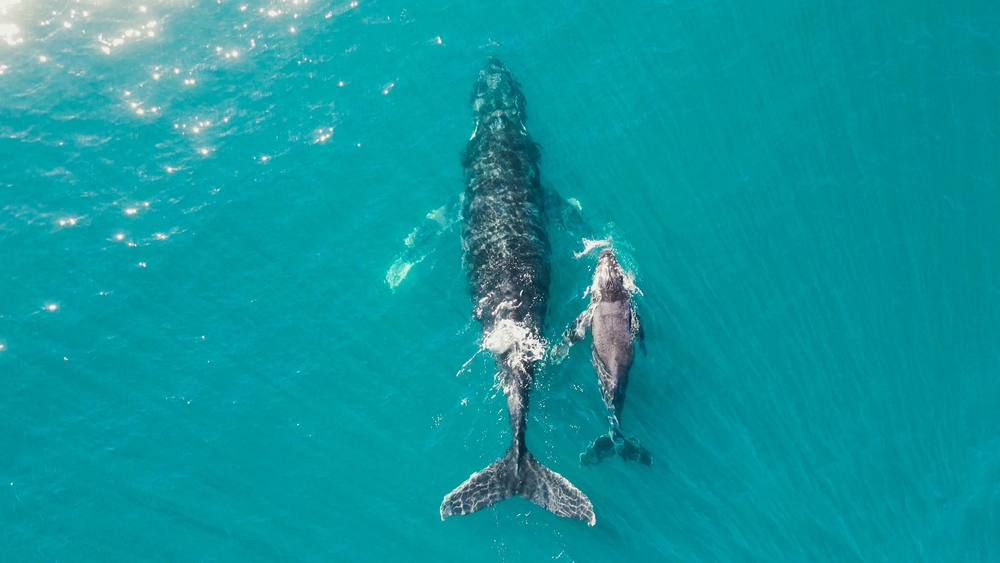Now Reading: How Placental Mammals Evolved Bigger Brains for Survival Advantage
-
01
How Placental Mammals Evolved Bigger Brains for Survival Advantage
How Placental Mammals Evolved Bigger Brains for Survival Advantage

Quick Summary
- Placental Mammals Overview: Placental mammals develop a placenta during gestation, which provides nutrients and protection to the fetus until birth. this evolutionary trait offers several advantages.
- Evolution Timeline: Placental mammals began thriving approximately 55 million years ago, 10 million years after dinosaurs went extinct.Marsupials declined during this period.
- Key Early Species: Fossil evidence suggests species like Eomaia and Juramaia were early placental mammal ancestors with traits suited for climbing or other specialized lifestyles.
- Advantages of Placenta: The extended gestation period facilitated the formation of larger brains and more complex bodies in placental mammals compared to marsupials.
- Current Numbers: Today, there are around 5,000 species of placental mammals versus only 334 marsupial species.
Indian Opinion Analysis
The evolution of placental mammals underscores their adaptive advantage over marsupials, particularly post mass-extinction events such as the asteroid impact that wiped out dinosaurs. Their ability to gestate offspring internally allowed them to survive harsh conditions and avoid external competition in challenging environments.
For India, a country representing notable biodiversity-including many placental mammal species such as tigers, elephants, and whales-this evolutionary outlook highlights the importance of ecosystem protection for thes vital life forms. Understanding their history can definitely help reinforce conservation efforts tailored to unique habitats where indigenous mammalian diversity thrives despite ecological pressures. Adaptations favoring anatomical complexity signal potential resilience against future challenges caused by climate change or habitat destruction.
























